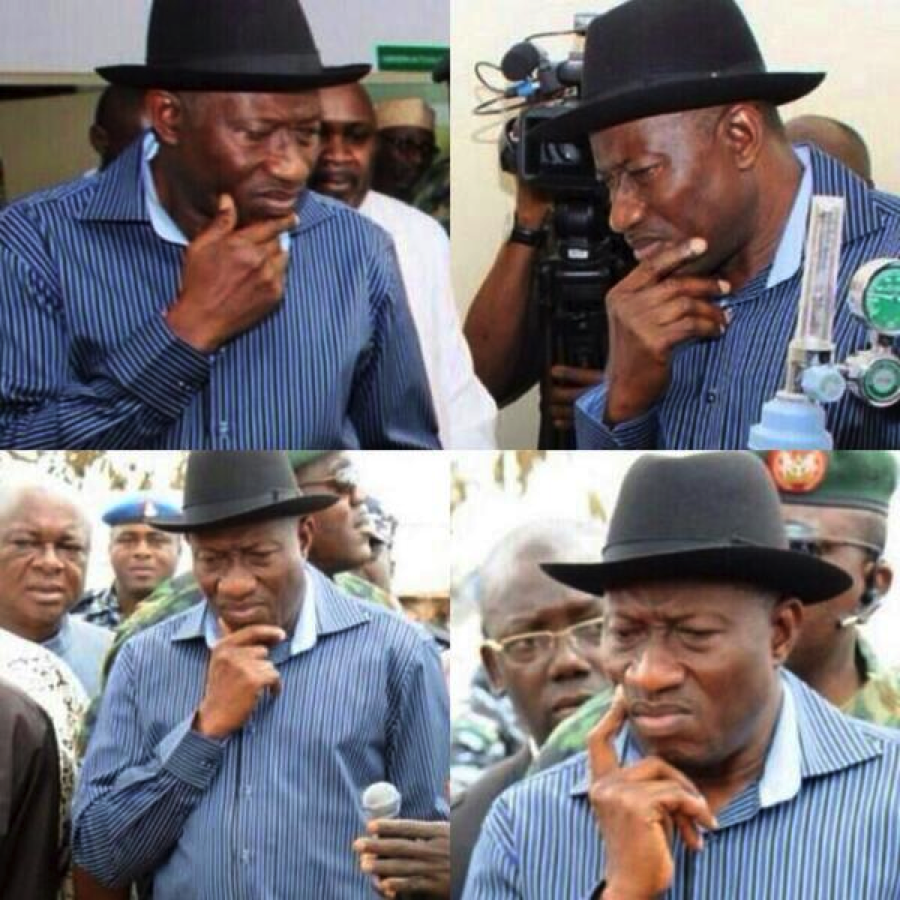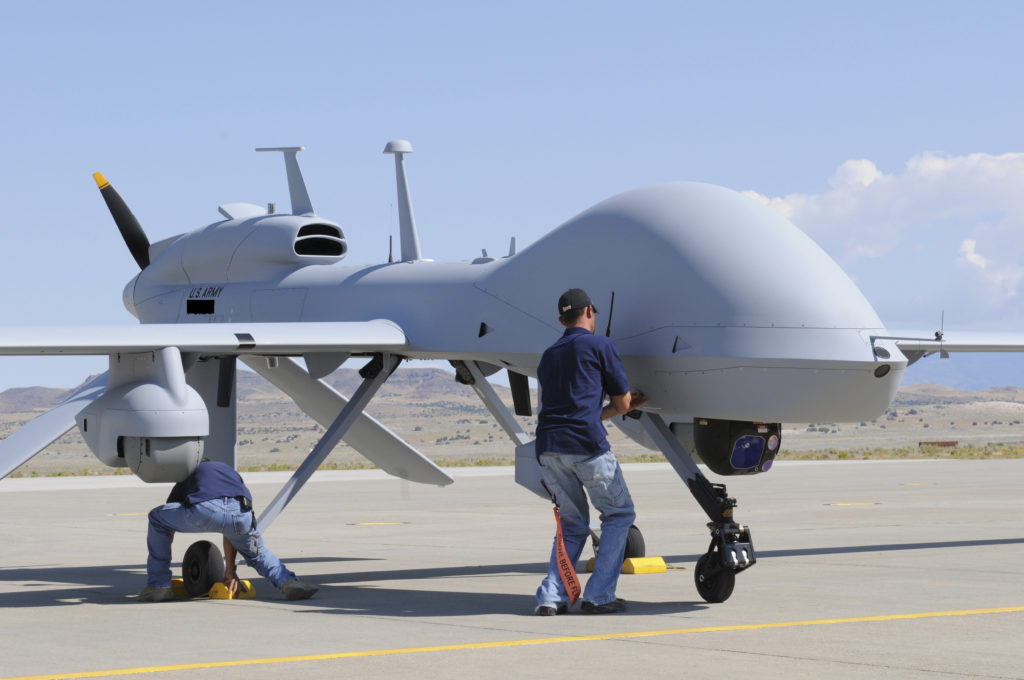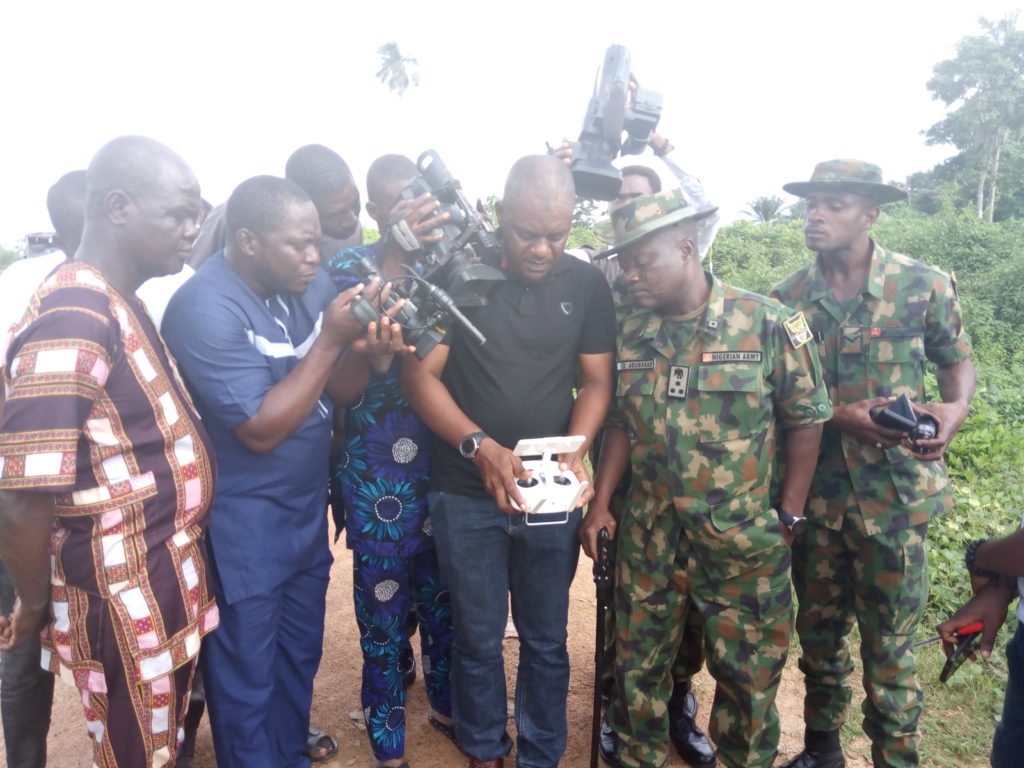When Nigeria returned to democratic rule in 1999, all 36 state governorship elections happened at the same time, and all governors were sworn in on May 29 of each election year. But eight states won’t participate in the governorship elections in 2023 like everyone else.
Why?
A Nigerian governor’s term runs for four years but disruption can occur if a court overturns the result after they’ve been sworn in. For example, if a court determines that another contestant actually won the election, the previous winner is removed from office, and the four-year term is renewed for the new winner. This is how states get out of sync with the rest of the country’s electoral calendar.
Here’s a rundown of how these eight states reached that point of no return.
Anambra
Anambra was the first state in Nigeria to break off the regular timeline for governorship elections. Chris Ngige won the 2003 governorship election but his opponent, Peter Obi, contested the result in court.
An election tribunal agreed with Obi’s petition and annulled Ngige’s victory in August 2005. Ngige fought this at the Court of Appeal where he lost again in a March 2006 ruling, paving the way for Obi to become governor. Since then, Anambra governorship elections have been conducted in 2010, 2014, 2018 and 2022.
Bayelsa
When Timipre Sylva was elected the governor of Bayelsa State in 2007, his opponent, Ebitimi Amgbare, wasn’t pleased so he challenged him in court. Amgbare lost at the tribunal, but the Appeal Court agreed with him and ordered a fresh election in 2008. Sylva won the second election and returned to office.
Edo
Oserheimen Osunbor left his two-term tenure as a senator to be elected the governor of Edo State in 2007. But his reign was short-lived when a tribunal and the Court of Appeal re-examined the election and handed victory to Adams Oshiomhole in 2008.
Ekiti
Segun Oni became the governor of Ekiti State in 2007. His main opponent, Kayode Fayemi, challenged the result and won when the Court of Appeal ordered Oni’s removal in 2010, resetting the governorship election clock for Ekiti.
ALSO READ: A Reminder That 2023 Is Not Just About Who Becomes President
Imo
Imo’s governorship election timeline didn’t get disrupted until after the last general elections in 2019. Emeka Ihedioha was elected the state governor, but the result was contested by Hope Uzodinma who finished fourth with almost less than double Ihedioha’s number of votes. Yet, the Supreme Court awarded the victory of the election to Uzodinma in January 2020, thereby resetting Imo’s future election timeline.
Kogi
Kogi’s timeline disruption is the most unique on this list. Ibrahim Idris won his re-election into office as governor in 2007, but the election was cancelled because the Independent National Electoral Commission (INEC) wrongly excluded another candidate, Abubakar Audu, from the ballot.
A new election was conducted while the state’s Speaker of the House of Assembly, Clarence Olafemi, filled the position of acting governor. Idris won the election again and returned to office two months later.
Ondo
Ondo State’s fractured timeline didn’t happen until after the 2007 governorship election. Olusegun Agagu won that election for his second term in office, but the election tribunal and Court of Appeal overturned it in favour of Olusegun Mimiko in 2009.
Osun
Osun State’s timeline also veered off-track after the 2007 governorship election that was initially won by Olagunsoye Oyinlola. Rauf Aregbesola fought the result for three years before the Court of Appeal recognised him as the real winner in 2010.
ALSO READ: Zikoko’s Responsible Voter Starter Kit for 2023 Elections








